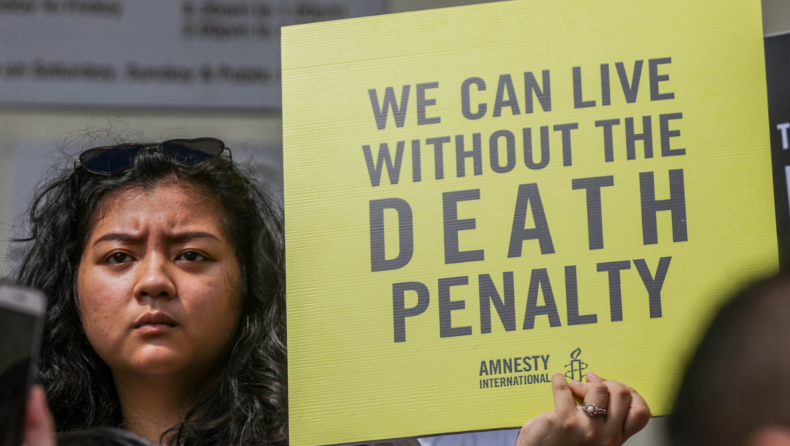Malaysia’s cabinet has decided to get rid of the mandatory death penalty and let juries decide on “alternative punishments.” The death penalty remains mandatory for several offenses in the Southeast Asian nation, including murder and drug trafficking.
In the same year, a reformist alliance seized power and stated it would completely abolish the death penalty.

However, the proposal was unable to move through owing to resistance from political competitors as well as the relatives of murder victims.
Since then, the concept of abolishing the death penalty in only those circumstances in which it is obligatory has been discussed as a compromise solution.
On Friday, the Minister of the Law, Wan Junaidi Tuanku Jaafar, said that the Cabinet had decided to do away with the mandatory use of the death penalty.
According to what he indicated, more research will be performed to see what other penalties may be used in place of the death penalty.
Campaigners have welcomed the move, but they have warned that the country has failed to deliver on prior commitments to enhance rights.
The government of Malaysia announced on Friday that it has decided to eliminate the obligatory death sentence.
In a statement, he elaborated on his thoughts by stating that “the judgement on this subject illustrates the government’s dedication to ensuring that the rights of all parties are respected and secured.”
But before everyone begins jumping with joy, we need to make sure that Malaysia passes the real legal modifications that are necessary to bring this promise into action.
He noted that there had been a pattern of succeeding Malaysian administrations “promising much on human rights but ultimately delivering very little.” This was a tendency that had been going on for some time.
Katrina Jorene Maliamauv, executive director of Amnesty International Malaysia, lauded the action as a “positive start in the right direction,” and she urged the government to go even further and fight for the complete eradication of this brutal form of punishment.
“We have witnessed and recorded time and time again how the practice of mandatory punishment has caused disproportionately more harm to the most marginalized and underprivileged segments of society.”
Ramkarpal Singh, a politician for the opposition party whose party was in power when the government originally suggested eliminating the death sentence, has signaled that he is in favor of the initiative to do away with the death penalty.
He told AFP that his organization has “always fought for the abolishment of the mandatory death sentence.”
In addition to offences for which the death sentence must always be carried out, there are a number of additional types of crimes for which the court has the discretion to impose the death penalty.
In order for the modifications to be made, the law first needs to be adopted in parliament, and Wan Junaidi told AFP that this process would “take a little bit,” but he did not provide a specific timeline.
He went on to say that the procedure is “not as straightforward as people might assume it to be.”
Campaign supporters were cautious while yet expressing their gratitude for the announcement.
The deputy Asia director for Human Rights Watch, told AFP that the public announcement that Malaysia would do away with the obligatory death sentence was a significant step forward.
“Malaysia will do away with the death penalty,” Robertson said.
According to reports, the use of the death penalty has decreased around the globe.
A new analysis indicates that the use of the death penalty around the world has decreased in recent years. Due to the COVID-19 epidemic, which has dragged down the legal procedures in various African and Asian countries, the drop does not imply a growing number of states that have stopped the use of the death penalty. According to the findings of the research, the number of people put to death by the federal government in the United States has increased over the course of the last year.













